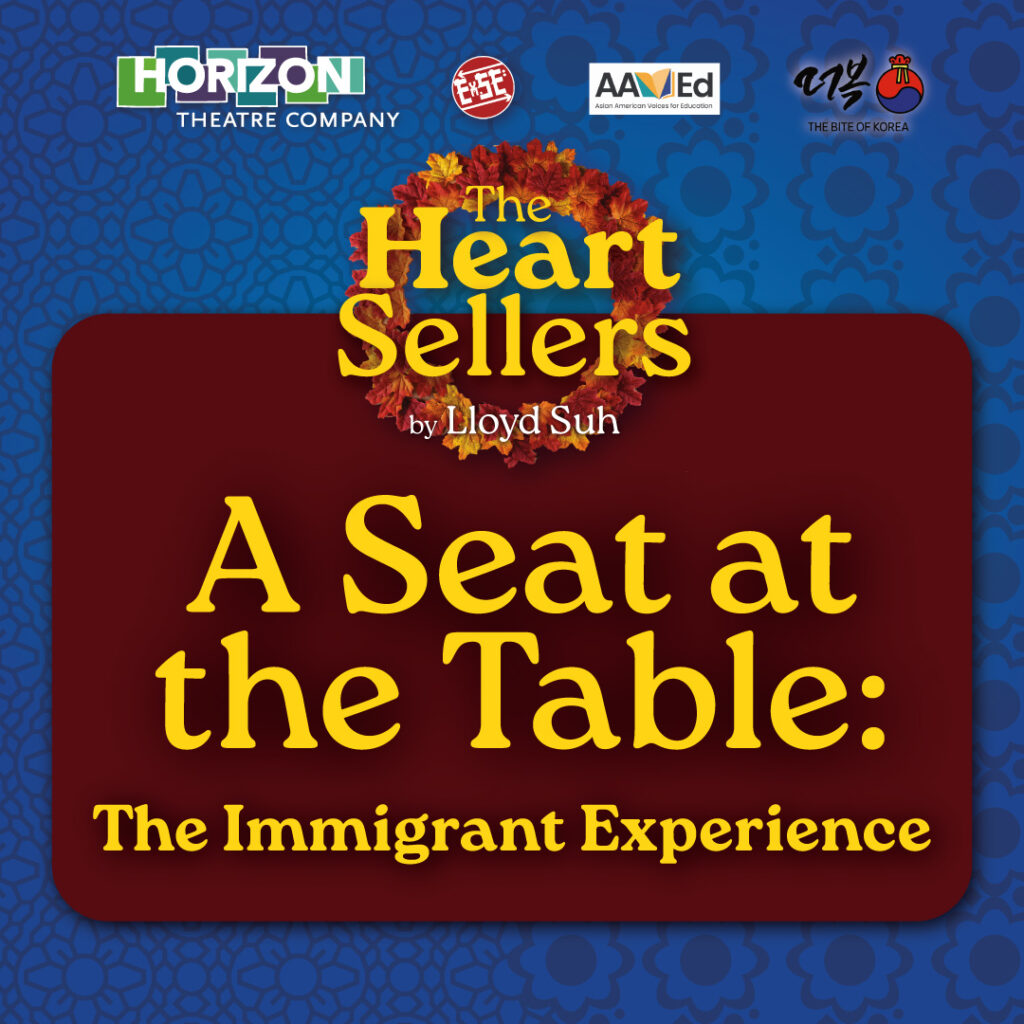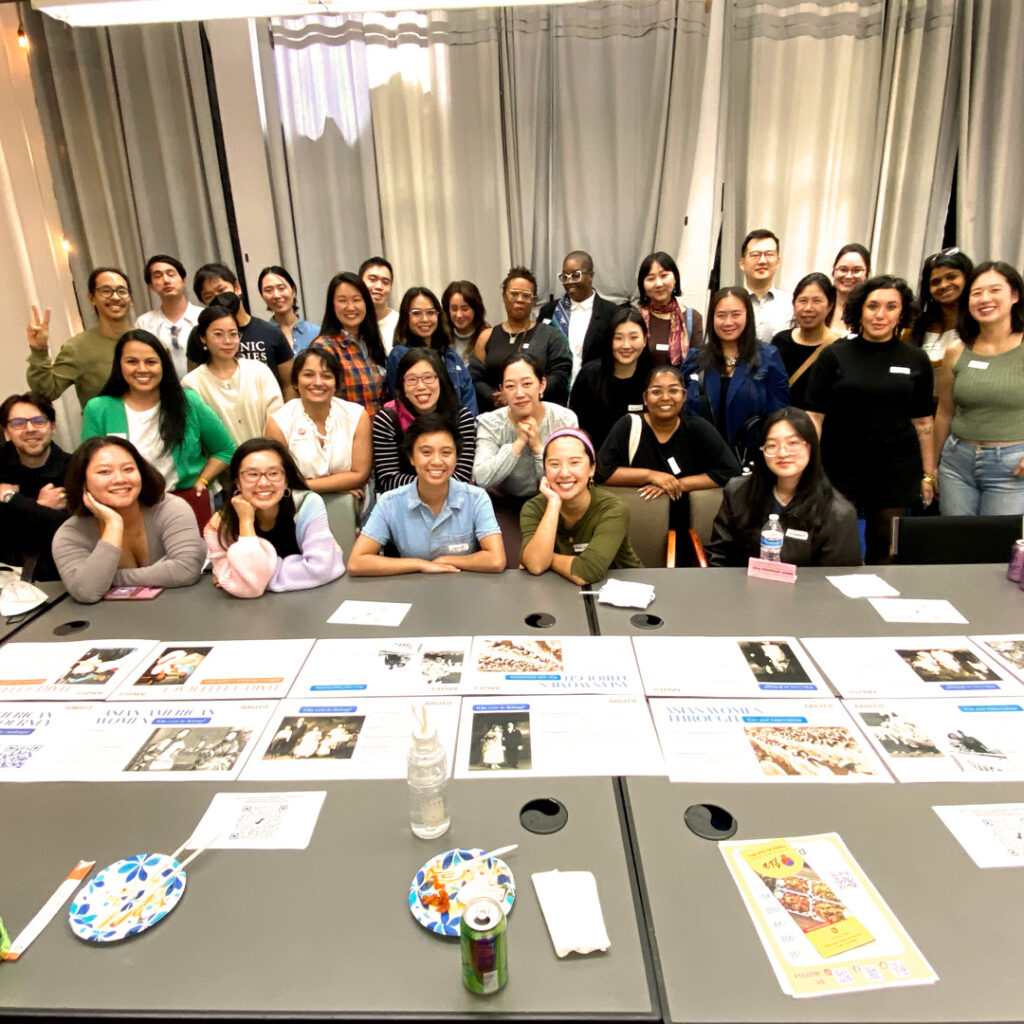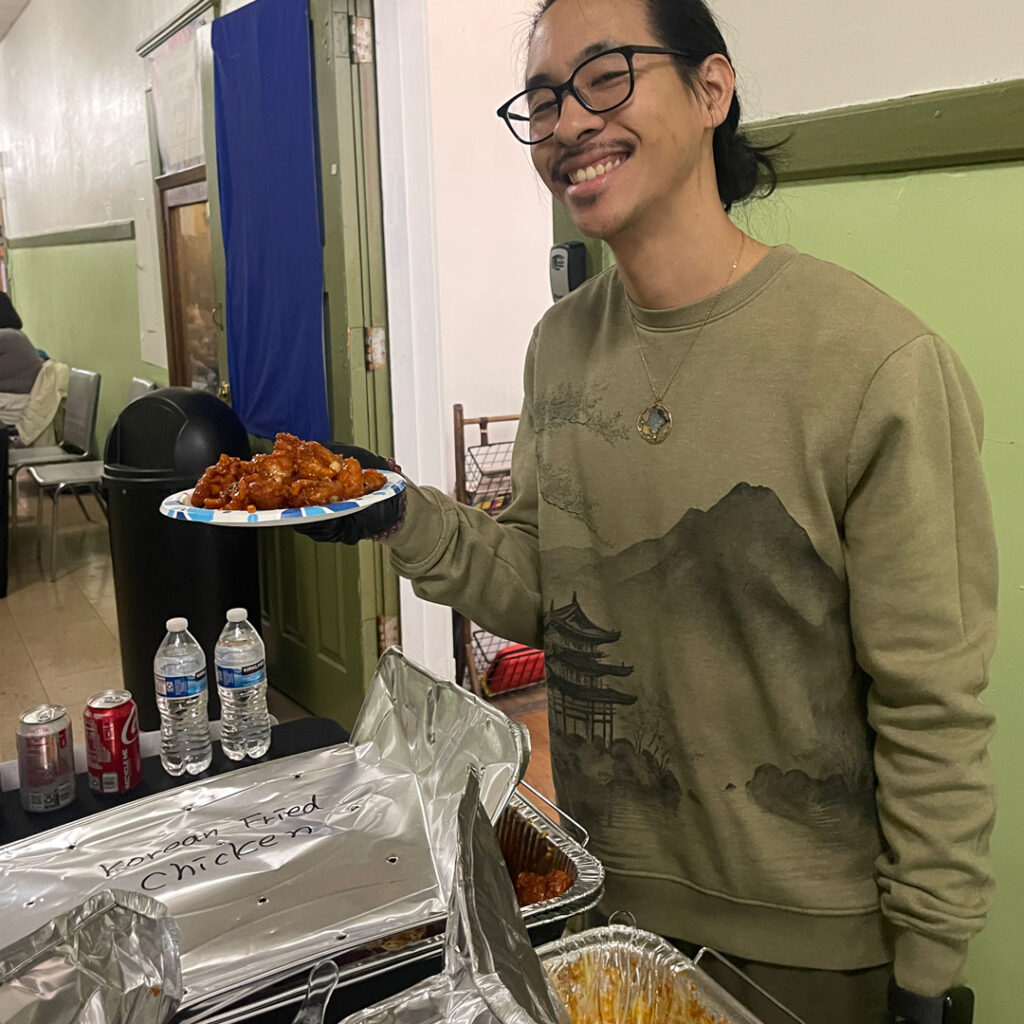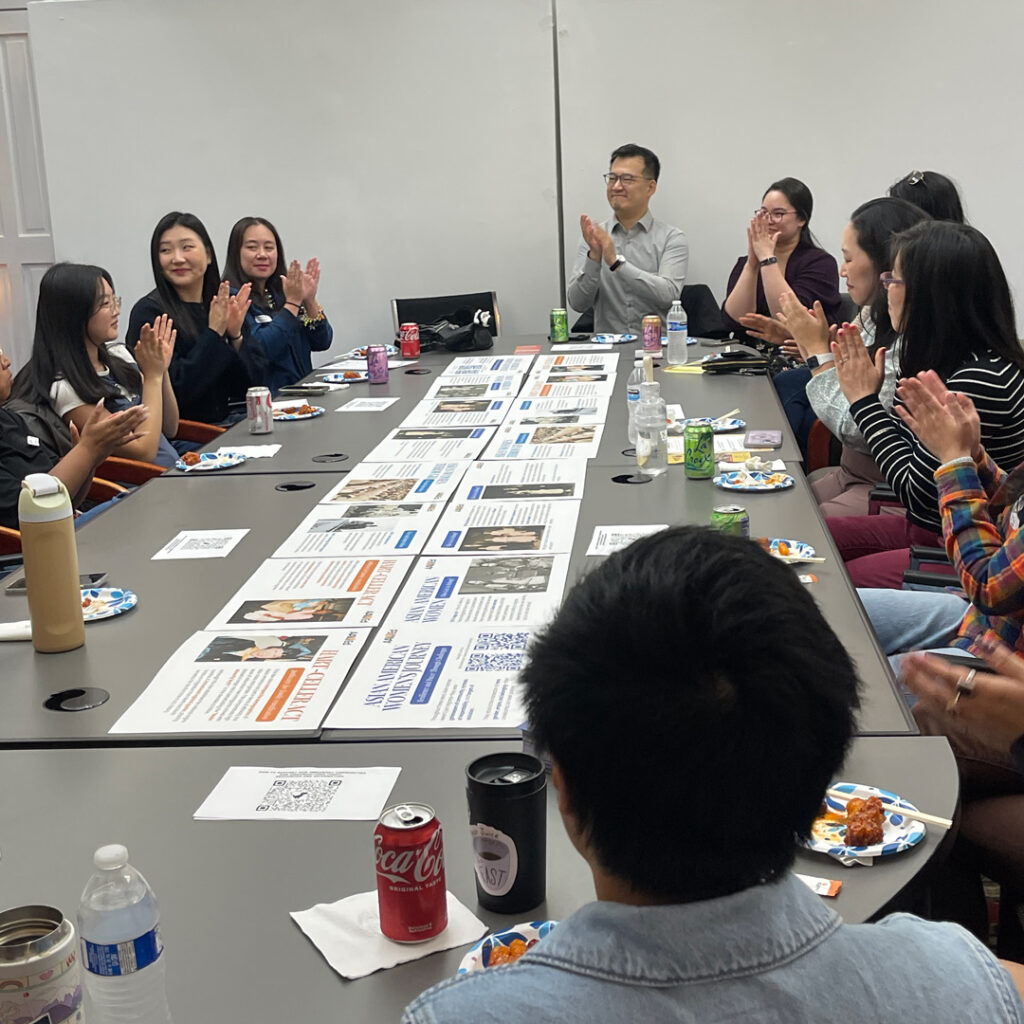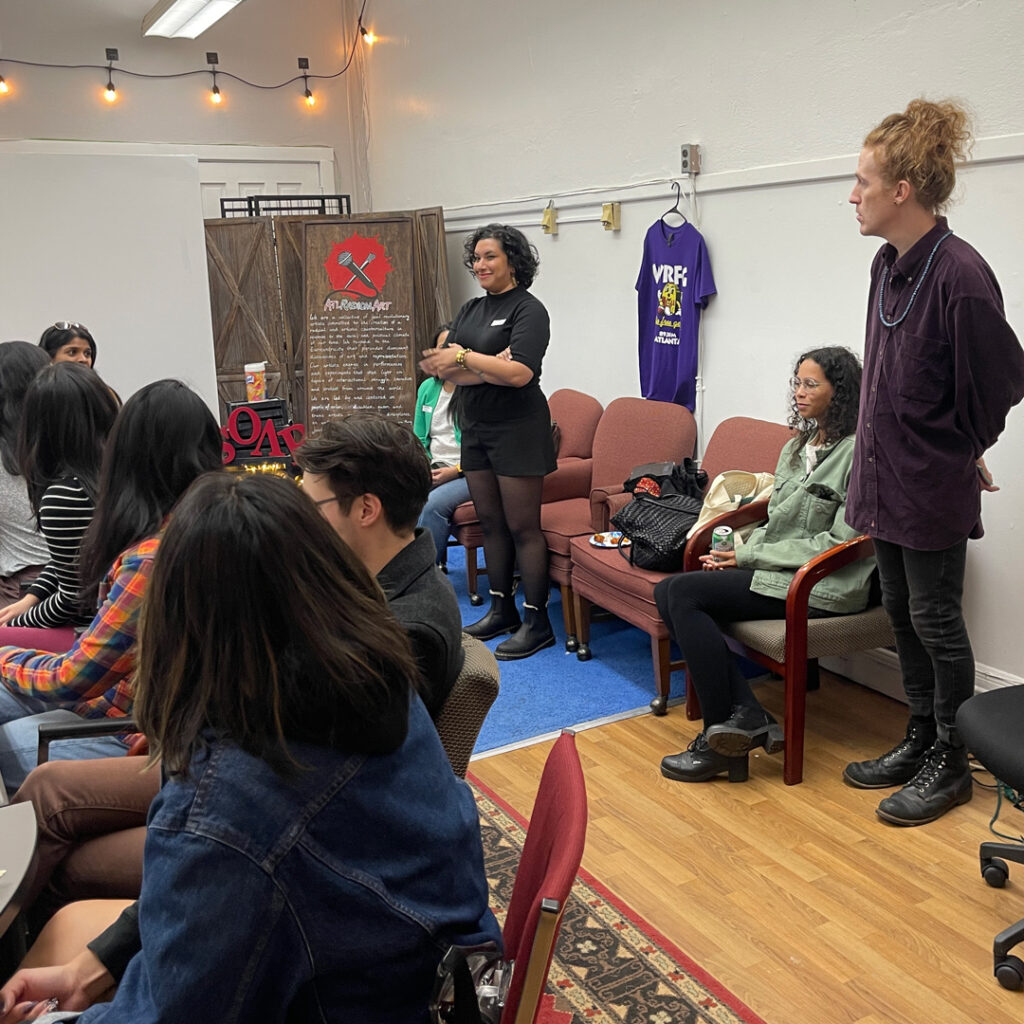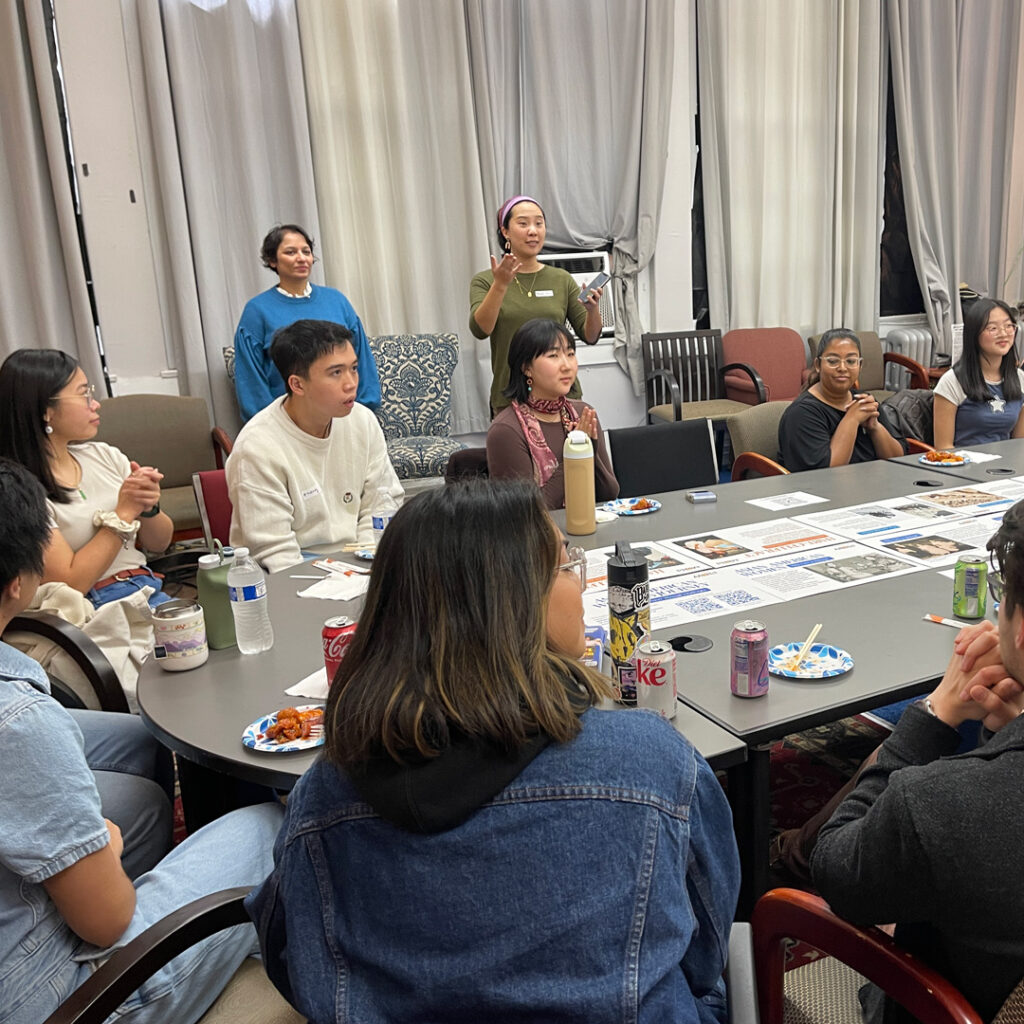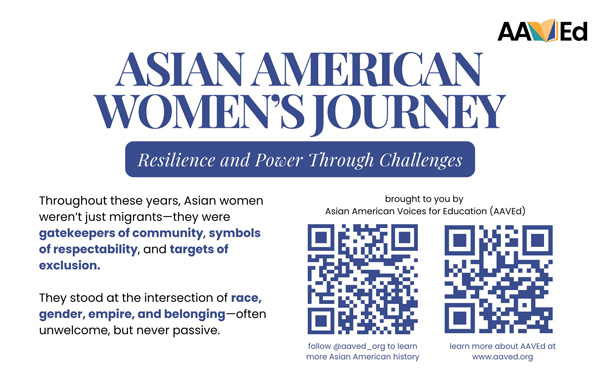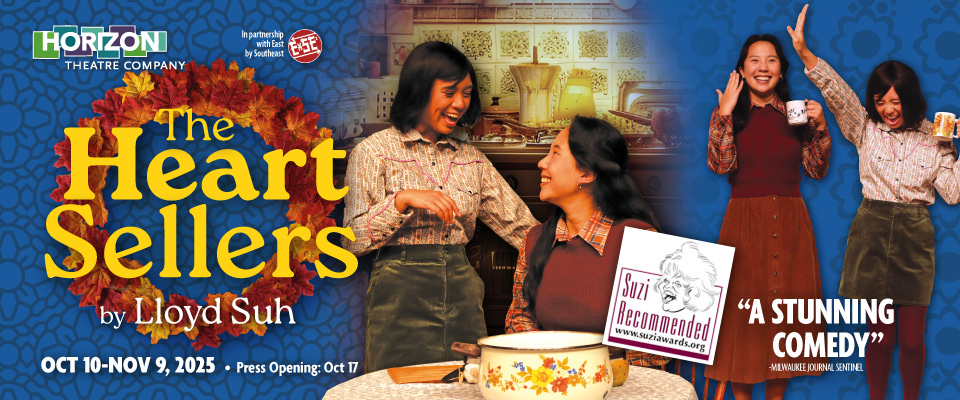
“A LOVE LETTER TO FRIENDSHIP” -Broadway World
Thanksgiving. 1973. The turkey’s frozen solid, the wine is flowing, and two young immigrant women—one from Korea, one from the Philippines—are navigating life in America with no recipe to follow. What starts as a kitchen disaster becomes a funny, heartfelt night of honesty, laughter, confessions—and friendship. A sharp, tender comedy about connection, identity, and finding your people when you need them most.
Performance Dates
OCTOBER 10-NOVEMBER 9, 2025
Press Opening: October 17
Show Times
Wednesdays: 8pm; PLUS two 2pm weekday matinees (Oct 22 & 29)
Thursdays & Fridays: 8pm (No Performance on Friday, OCT 24)
Saturdays: 2pm & 8pm
Sundays: 5pm
Show Run Time
1 hour 25 minutes with no intermission
General Admission
Tickets start at $40 on Wednesdays, Thursdays, & Fridays and $45 for Saturdays and Sundays. Reserve now for best prices! Prices will increase as the run continues.
——
Student tickets available for $20.
——
Wednesday Matinee Special Senior (65+) Price: $30
——
Bring your neighbors!
Group pricing is available for parties of 10+. Groups of 10-24 receive $3 off the general admission ticket price. Groups of 25+ receive $5 off the general admission ticket price. Call 404.523.1477 x100 or e-mail groups@horizontheatre.com for more information.
Ticket prices are subject to change. Buy early for best pricing. Internet convenience fee added to all online orders. No refunds, exchanges, or late seating. Cannot combine discount offers.
About the Play
“The Heart Sellers is full of laughter, warmth and honesty, while also honoring the challenges and resilience of the immigrant experience,” said Horizon Theatre Co-Artistic/Producing Director Lisa Adler. “We are excited to share this story in partnership with East by Southeast, amplifying Asian American voices and experiences on our stage.”
Written by award-winning playwright Lloyd Suh (The Chinese Lady, The Far County), The Heart Sellers introduces audiences to Jane, a Korean immigrant, and Luna, who is from the Philippines. Both are 23, recent immigrants, married to medical residents and feeling adrift in 1970s America. The pair meet shopping in a grocery store in identical K-Mart-bought coats on Thanksgiving Day, and Luna takes a chance on possible friendship and invites Jane over to her apartment to share Thanksgiving since their husbands are both working. They embark on the adventure of cooking the frozen turkey neither of them have ever cooked. What begins as awkward small talk becomes a night of deep conversation and joy over glasses of wine, with the women bonding over shared dreams of going to Disneyland, learning to drive, going disco dancing, discovering independence and becoming part of this strange new American community they now call home. Together, they reminisce about what they’ve left behind, what they hope for and what it means to belong in a country still new to them.
The Heart Sellers premiered at Milwaukee Repertory Theatre in 2023 and has since become one of the most-produced plays in the country, winning national praise for its humor and heart. Critics have celebrated it as “a moving homage to friendship” and “a tender snapshot of two women embracing new lives while finding strength in each other.”
The play was directed by guest director Michelle Chan, who recently helmed Suh’s The Chinese Lady at the Asolo Repertory Theatre. The spot-on 1970s apartment set is designed by Horizon’s resident set designers Moriah and Isabel Curley-Clay, who also designed The Heart Sellers for Florida Studio Theatre last season, and Horizon resident lighting designer Mary Parker.
Cast & Creatives
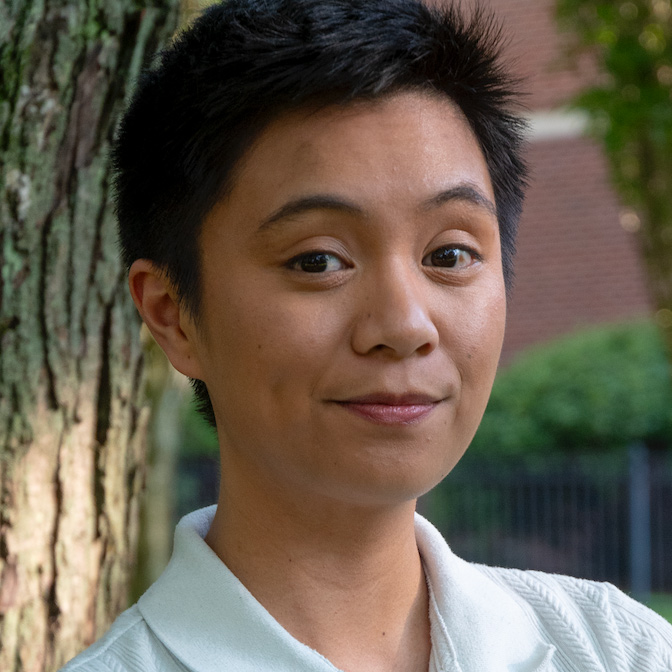
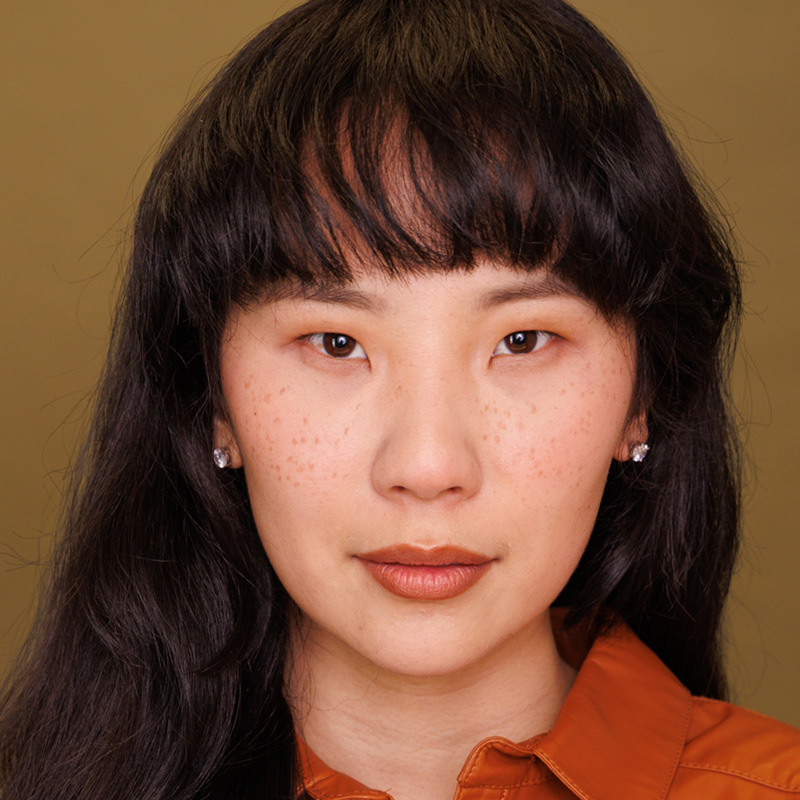
- Luna: Jenine Florence Jacinto
- Jane: Michelle Pokopac*
- Luna Understudy: Brie Wolfe
- Jane Understudy: Sage Kim Gray
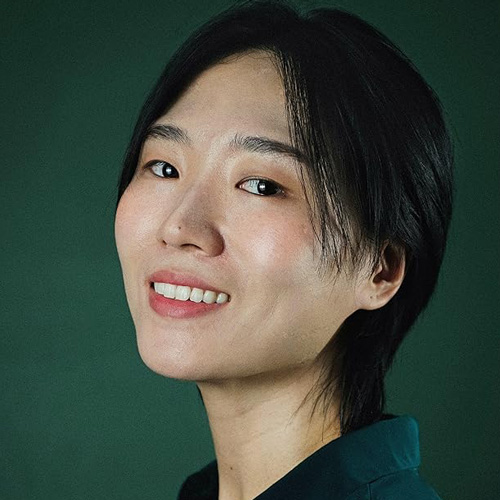




- Playwright: Lloyd Suh
- Director: Michelle Chan
- Scenic Designers: Moriah & Isabel Curley-Clay
- Costume Designer: Lauren Driskill
- Lighting Designer: Mary Parker
- Sound Designer: Johnathan Taylor
- Props Designer: Annabel Sapp
- Dialect Coaches: Joy Lanceta Coronel • Lisa Fermin-Granada
- Stage Manager: Joan Foster McCarty*
- Asst. Director/Asst. Stage Manager/Dramaturg: Yijia Yu
- Community Engagement Manager: Jack Ha
- Asst. Stage Manager: Abby Smithwick
- Asst. Stage Manager/Apprentice: Thuan Tran
*Member of Actors’ Equity Association
Community Partners

East” culture in the “Southeast” of America: Connecting and supporting local Asian Artists in Atlanta • IG

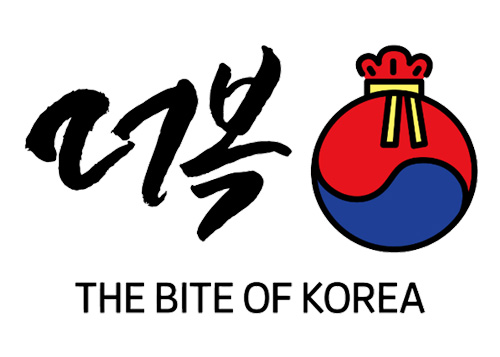
Website

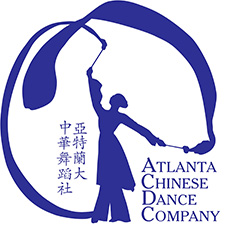


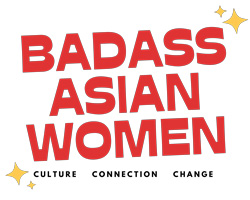

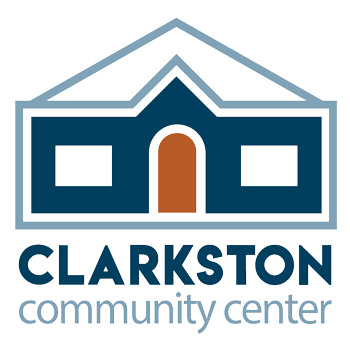


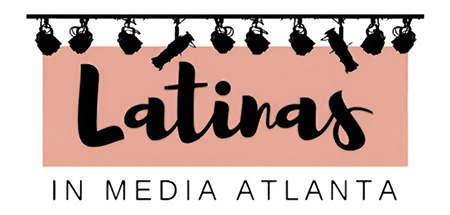
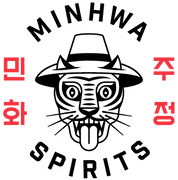


Media

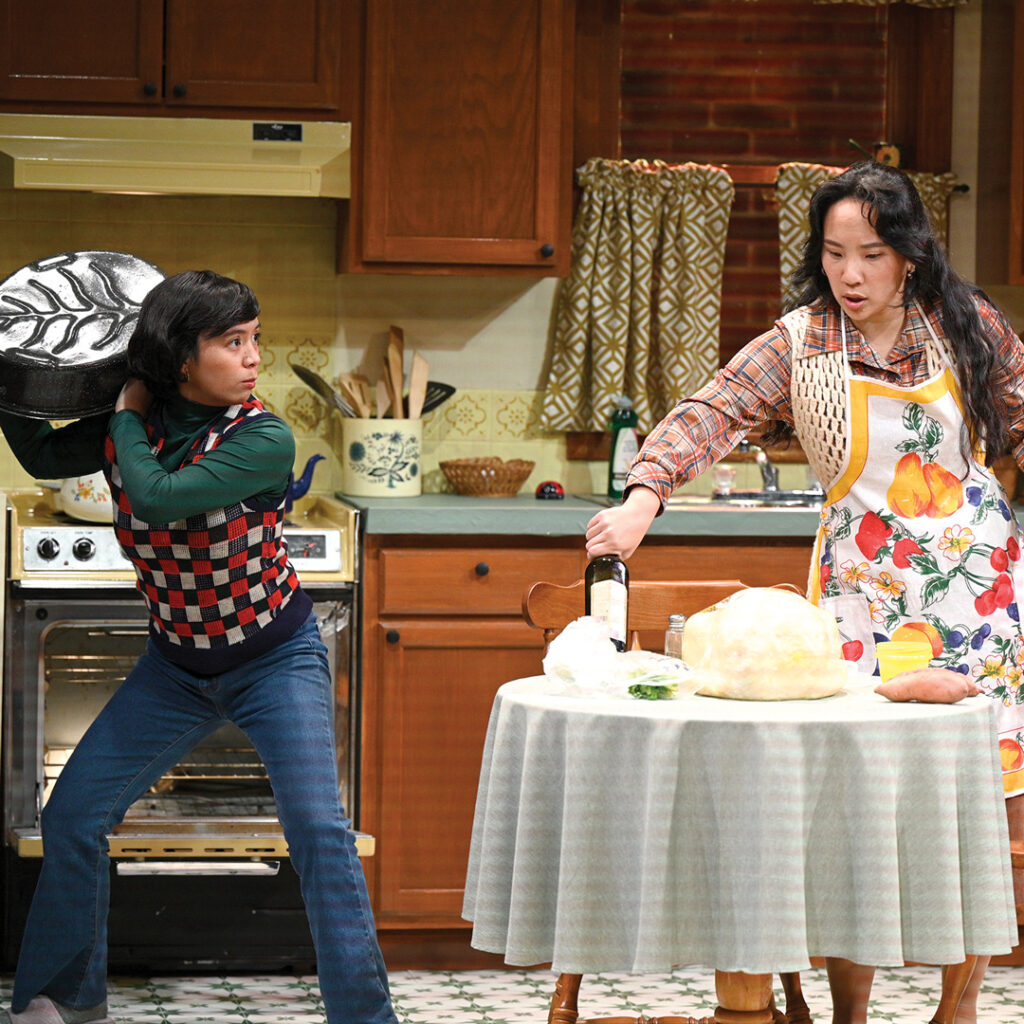

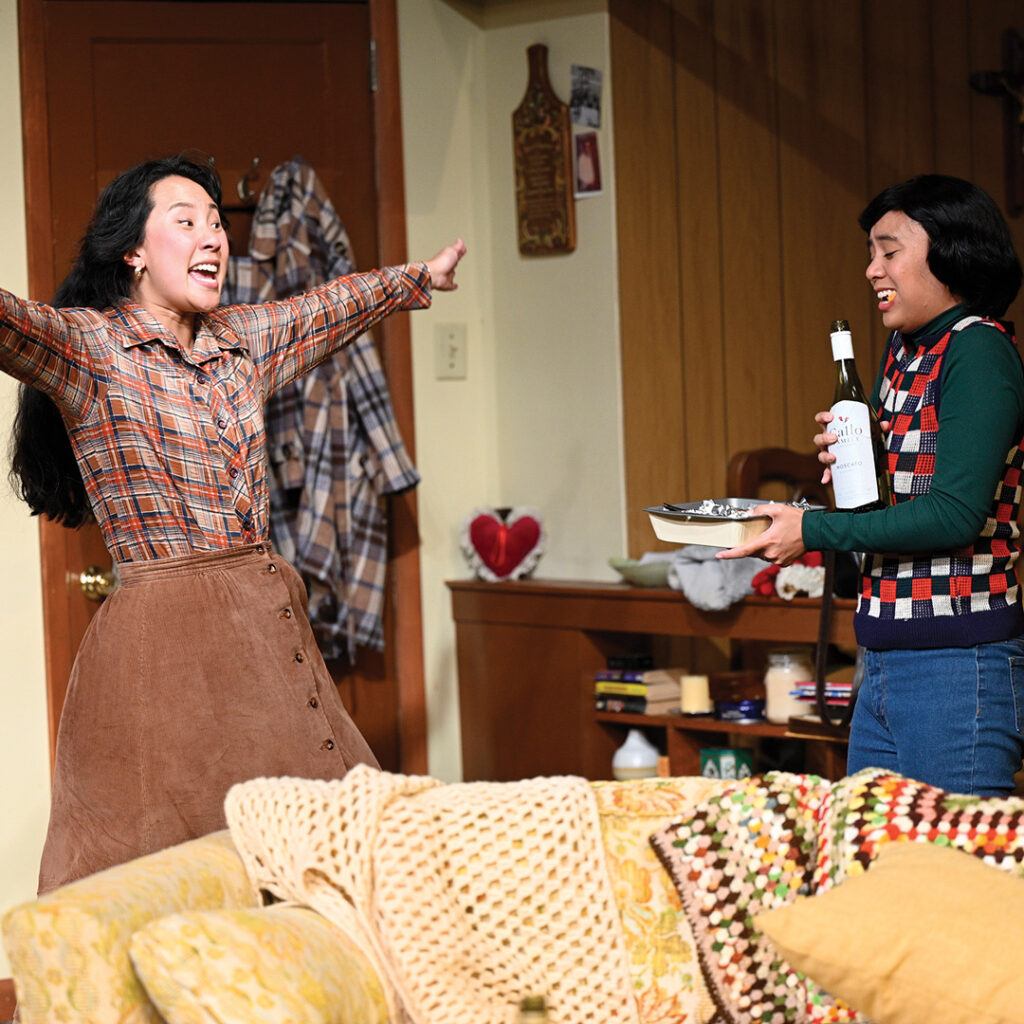
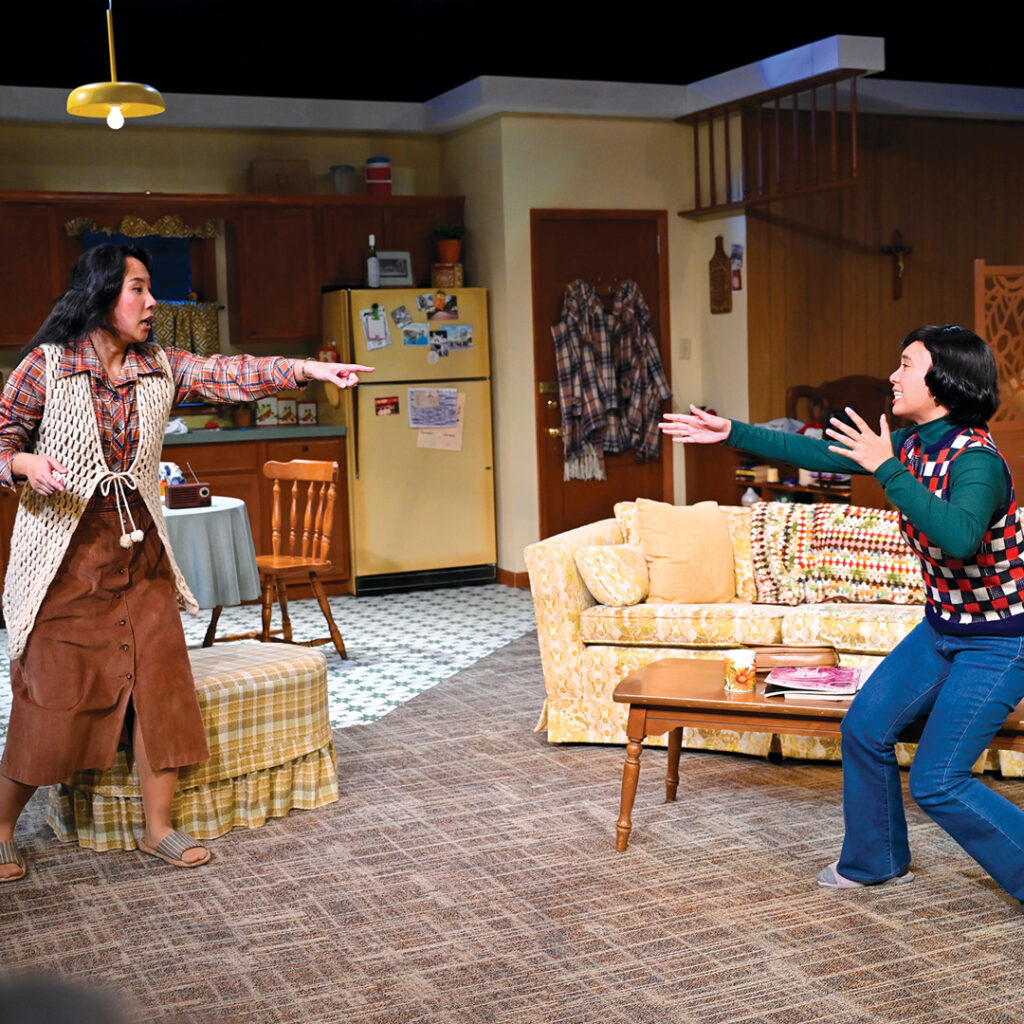
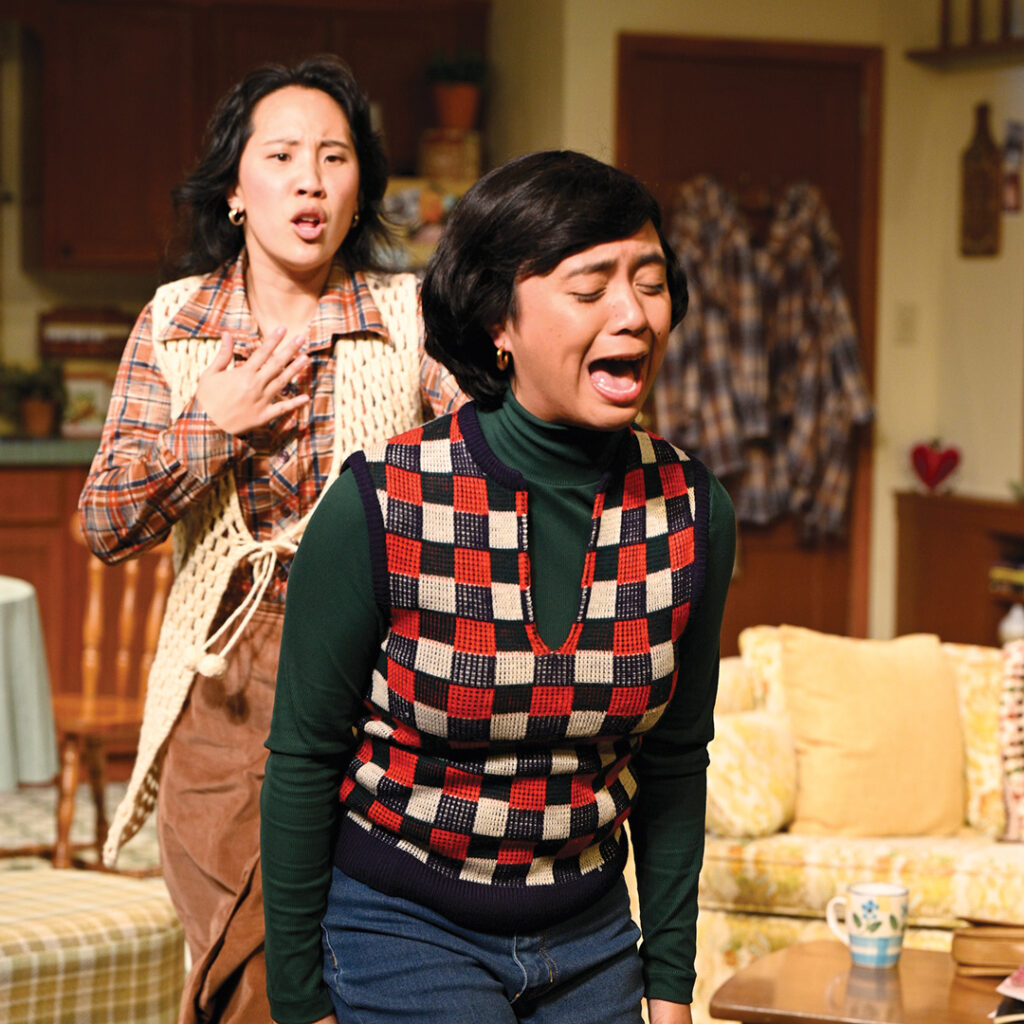
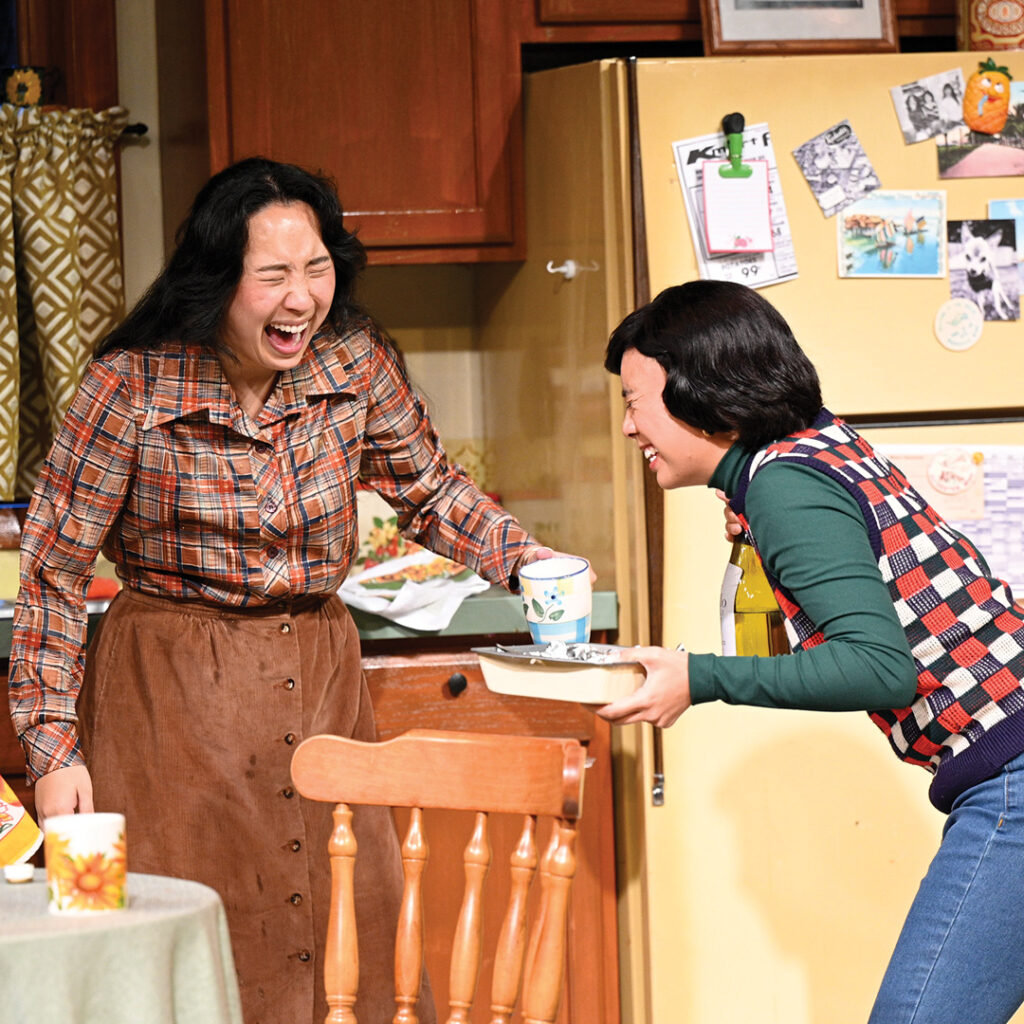
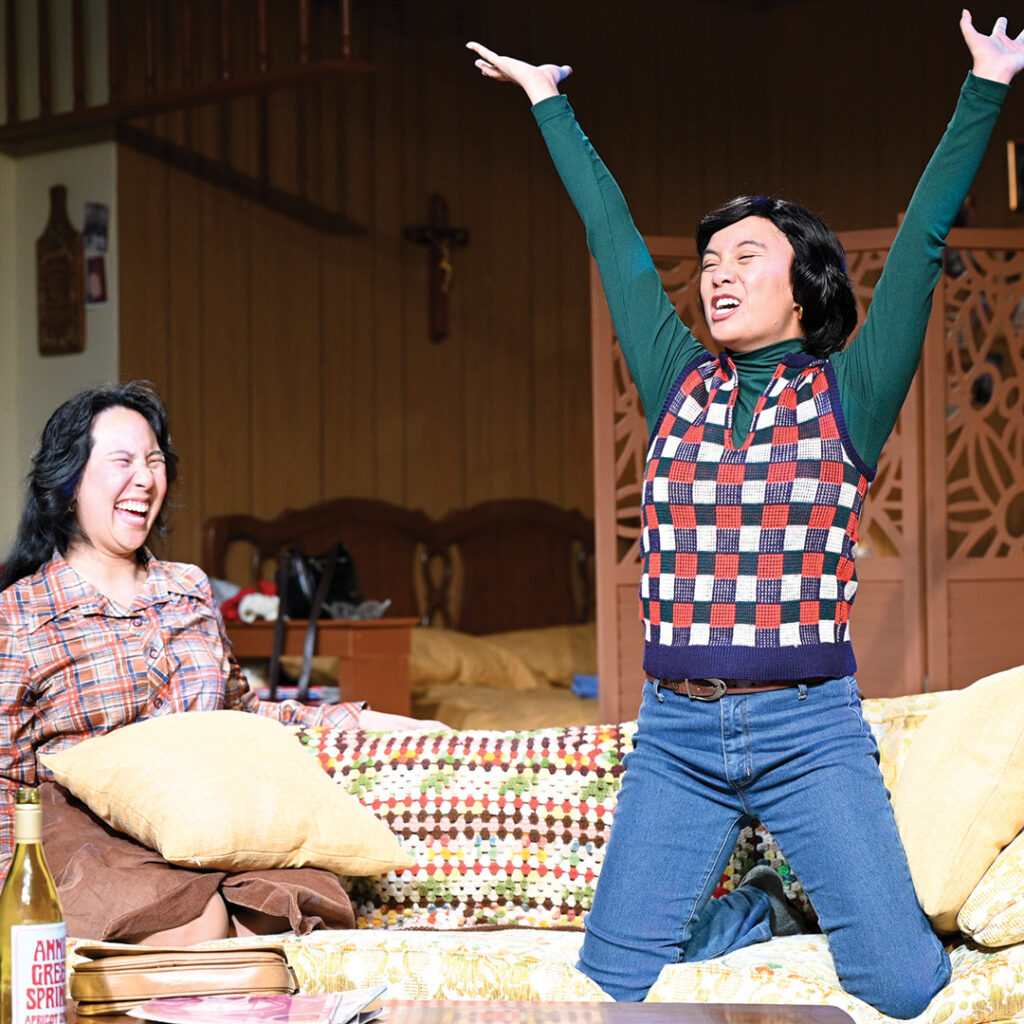

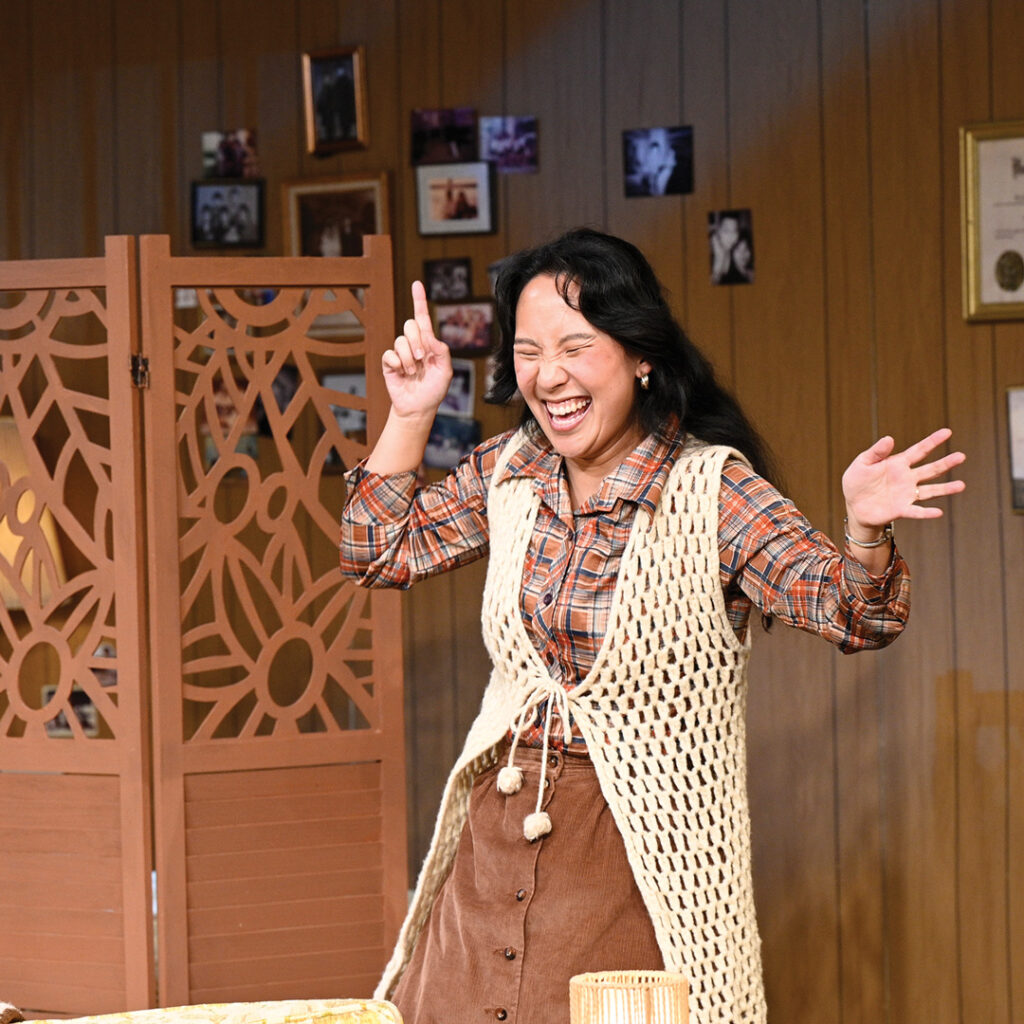
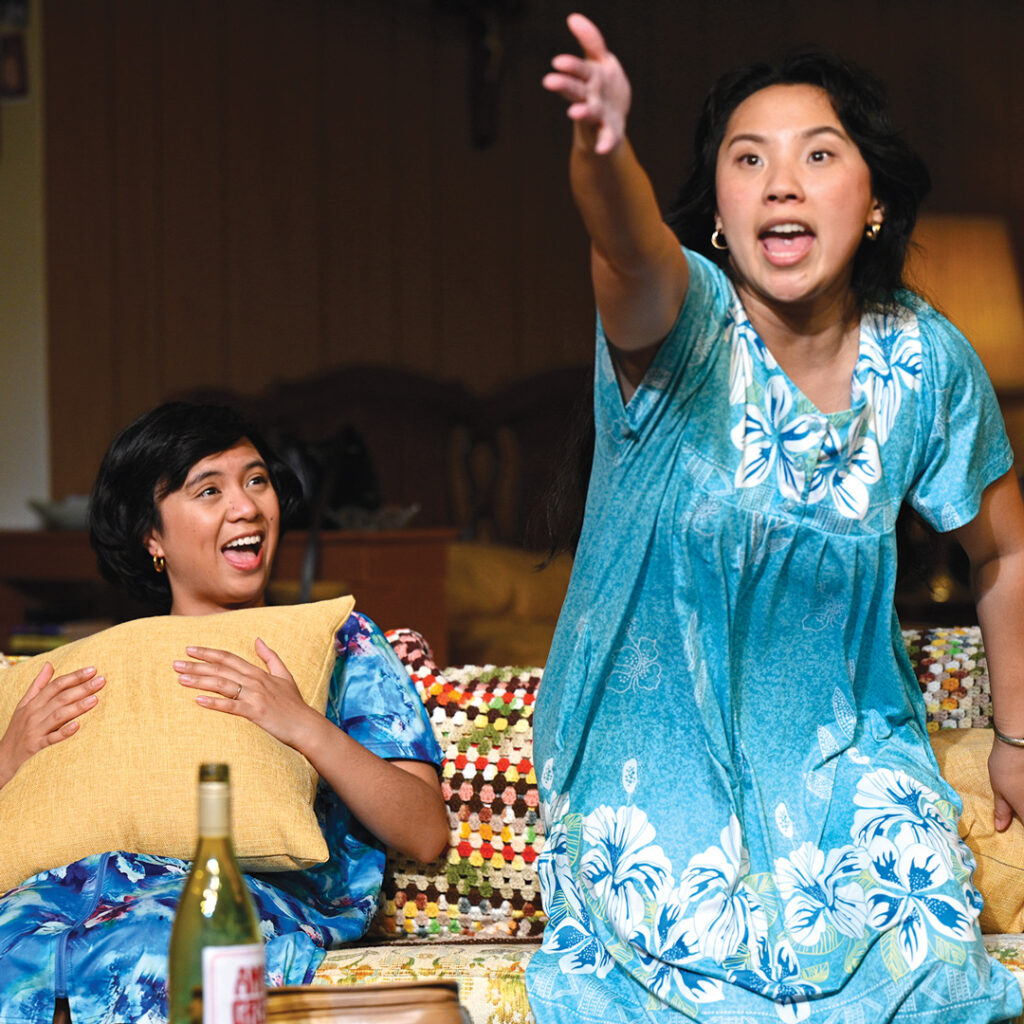
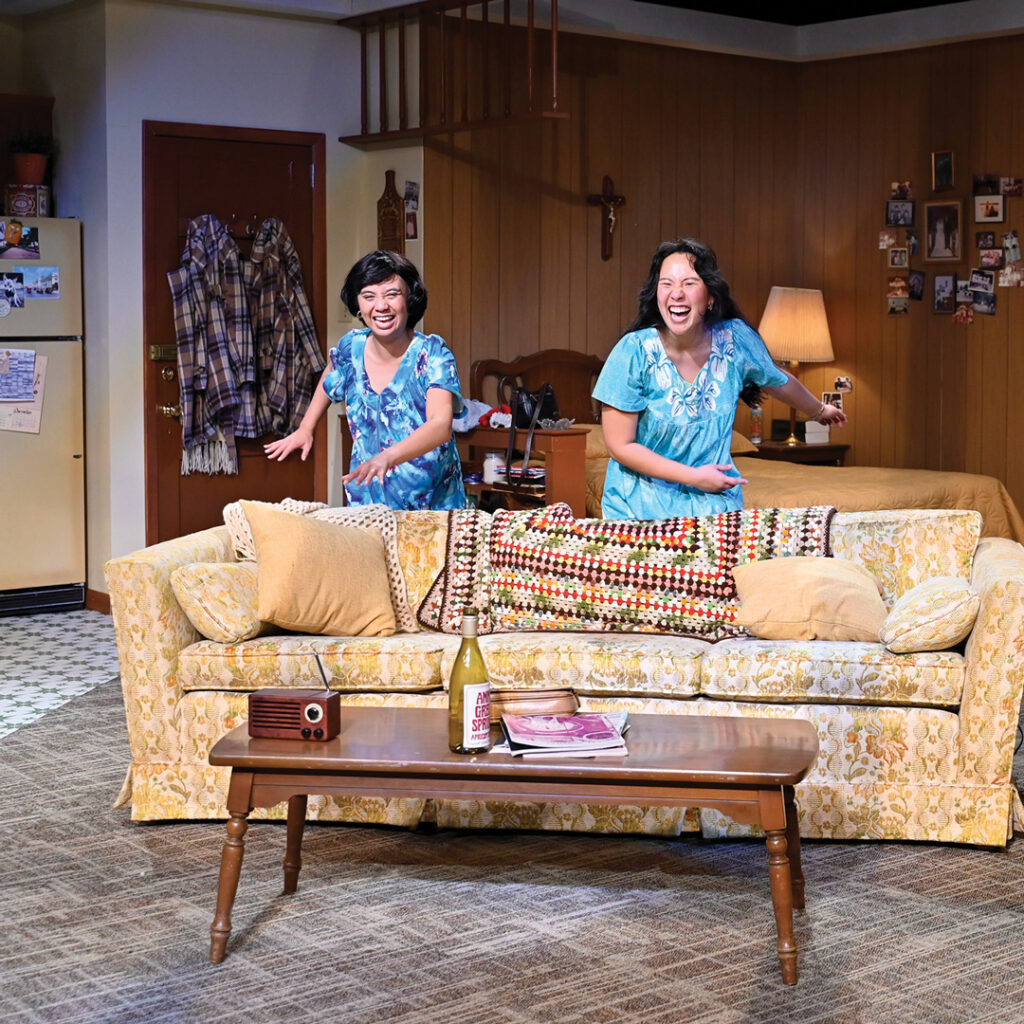
Reviews & Press
- REVIEW: ArtsATL: Horizon’s ‘Heart Sellers’ is a subtle, powerful study on the importance of friendship
- ARTICLE: American Theatre: How Heart Sellers Give Thanks to Mothers
- ARTICLE: Encore Magazine: Horizon Theatre Opens Season with The Heart Sellers
- Interview: WABE: Horizon Theatre’s “Heart Sellers” centers Asian storytelling and Atlanta collaboration
Deep Dive

- Learn more about Korea, the Philippines and immigration as they were in the 1973 time period of the play. View a PDF slide show with photos and information.
- THE HART-CELLER ACT (Immigration and Nationality Act of 1965) (Wikipedia)
- Life in South Korea in 1973 was changing quickly under President Park Chung-hee. Rural villages were transformed by the Saemaul Undong (New Village Movement), which brought roads, electricity, water, and new housing. Cities grew fast, with factories, industrial jobs, and apartment buildings providing new opportunities. Young people embraced Western fashion, wearing jeans, miniskirts, and bell-bottoms, and they listened to pop and folk music in cafes and small music venues. However, the government closely monitored behavior and media; dress codes, hairstyles, and public content could be censored, and political dissent was risky. Families generally followed Confucian traditions, with respect for elders and strict social roles, but more women were attending school and entering the workforce. Everyday life balanced modernization with traditional expectations, work with leisure, and freedom with government constraints.
- Life in the Philippines in 1973: In the Philippines, family and community life was central. Extended families often lived together or nearby, and fiestas, church events, and religious holidays marked the rhythm of daily life. Rural communities relied on farming or fishing, while many people migrated to cities like Manila to work in factories, offices, or service jobs. Music and entertainment were important: Manila Sound blended local styles with disco, funk, and pop, and movies, radio, and social gatherings filled leisure time. Fashion reflected global trends with bright colors, maxi skirts, bell-bottoms, and casual Western-style clothing, adapted for the tropical climate. Catholicism shaped culture, but martial law under Ferdinand Marcos (from 1972) restricted freedoms—curfews, censorship, and fear of surveillance were part of daily life. Despite political repression, ordinary people continued work family rituals, celebrations, and quiet forms of resistance.
———————————

REFLECTIONS, STORIES, & THOUGHTS
from the board in our lobby during THE HEART SELLERS production run
A Vietnamese refugee once told me that, “You Americans have so much to give, but the one thing we want the most is Freedom” – Nail Technician
—
My mom, out of her (6) siblings, was THE wild child. Born in Laos and learning the refugee camp in Thailand, her family was sponsored to reside in New Zealand. She didn’t last there long and immigrated to Australia before marrying and settling down in America. She followed her heart with my dad and had me and my brother. Our family has resided in GA for 31+ years. Every few years, we will visit NZ to see all (5) aunts/uncles and (9) cousins, and then we all help make a huge pot of noodles to share. It feels like home.
—
The moment I realized I had left home was when I lost home. Home was never going to be home, because I had changed. To survive in America, I turned my back on home, and now it’s the ghost I chase and my haunting memory. I will never go back, but I pray that I can carry it with me. Keep dreaming the non-real dream.
—
Much like [in] the play, my mom gave up her dreams for our family to immigrate to the States. It’s no wonder asian parents put all of their hopes and dreams onto their kids – Because they never got to have theirs.
—
I am an immigrant from Belize. The Story/Play was both wonderful and heartbreaking. I laughed and cried that what I always know is true: I will Never Belong!! Especially in this Trump world. Thanks.
—
Jane & Luna [in the play] make me proud to be the daughter of immigrants – Thank you
—
Home is where the heart is, and my heart is in pieces in Addis (Kotebe), in Tigray (Adwa (Soloda)), Oromia (Suba). It’s in Tigrinya, Amharic, in English, in Spanish, in tears. My heart is here too sometimes…
———————————
A Seat at the Table
Thanks so much to all of our hosts, speakers, community partners and participants who came to our dynamic discussion on Sunday, November 2.
Our speakers and facilitators fromAsian American Voices for Education (Dr. Chris Suh, Emory University asst. professor of history, and Melissa Paa Redwood) and East by Southeast (Michelle Pokopac and Amee Vyas) delved into the history of Asian-American immigration in our country and led an in-depth discussion connecting the play THE HEART SELLERS to the experience of immigrants today.
Many immigrants and 1st and 2nd generation Americans attended the event and shared their personal histories, feelings, thoughts, and hopes for the future.
Thank you to BITE OF KOREA for the delicious food, to partners WRFG and ATL Radical Art for the conference room space and to all our partners for an excellent afternoon of connection and community.
